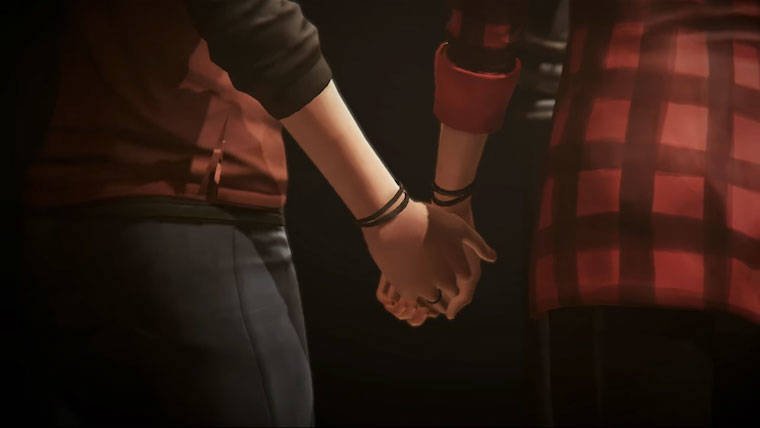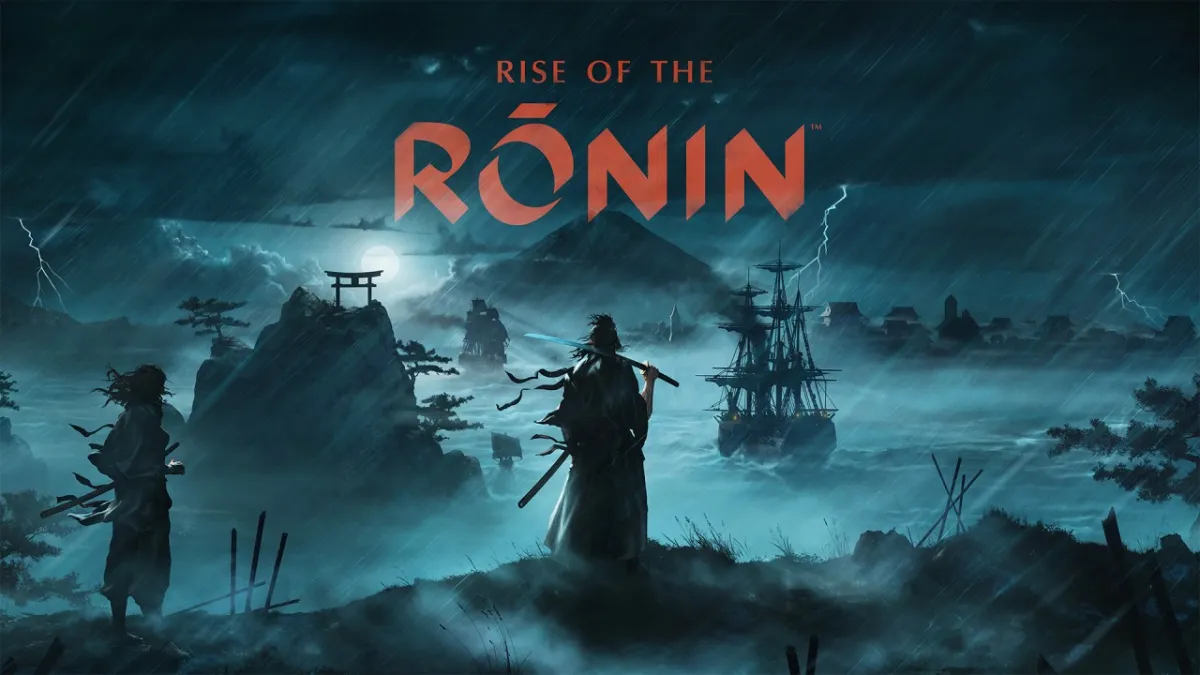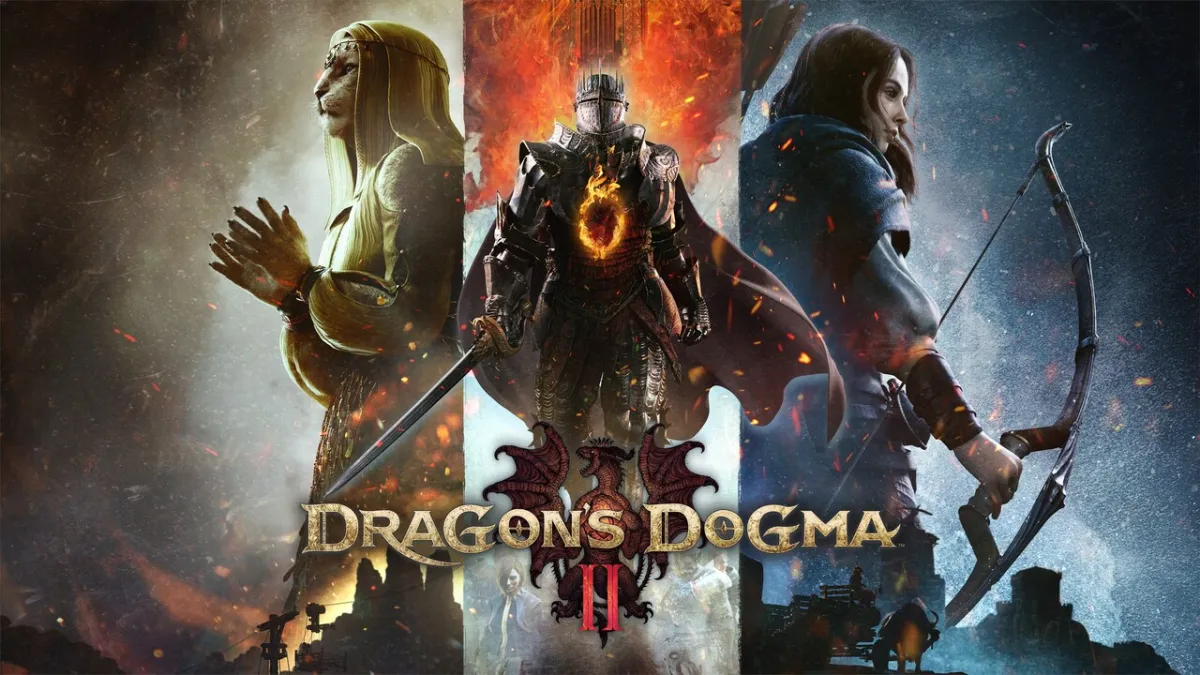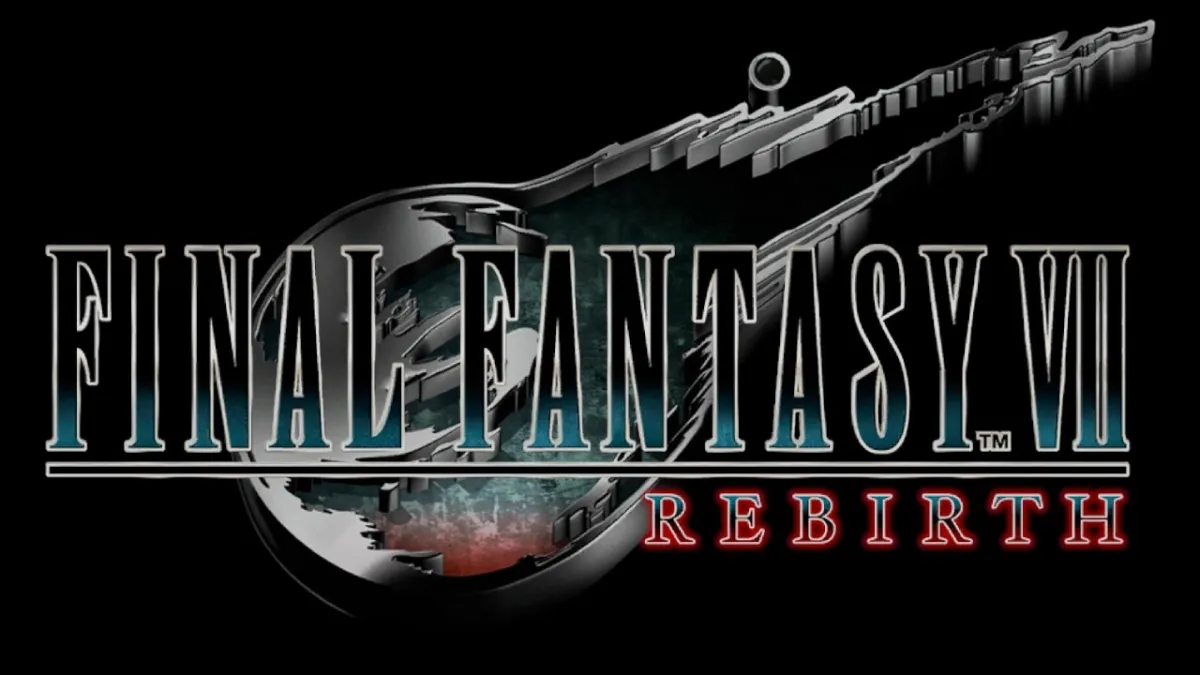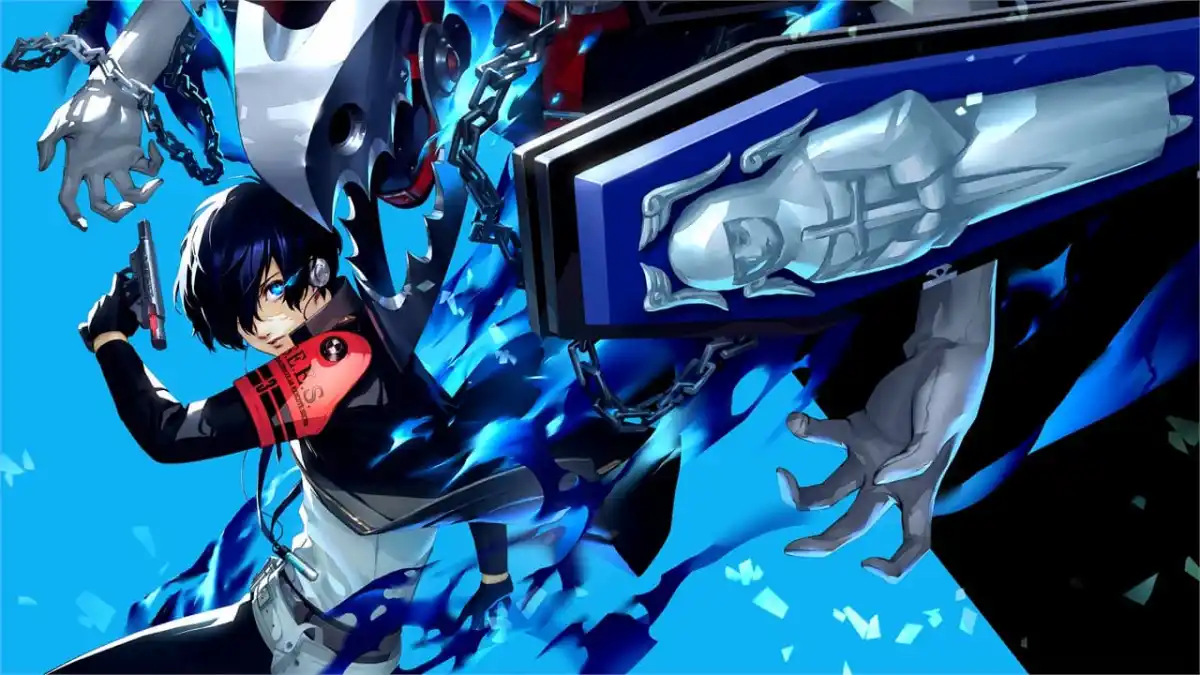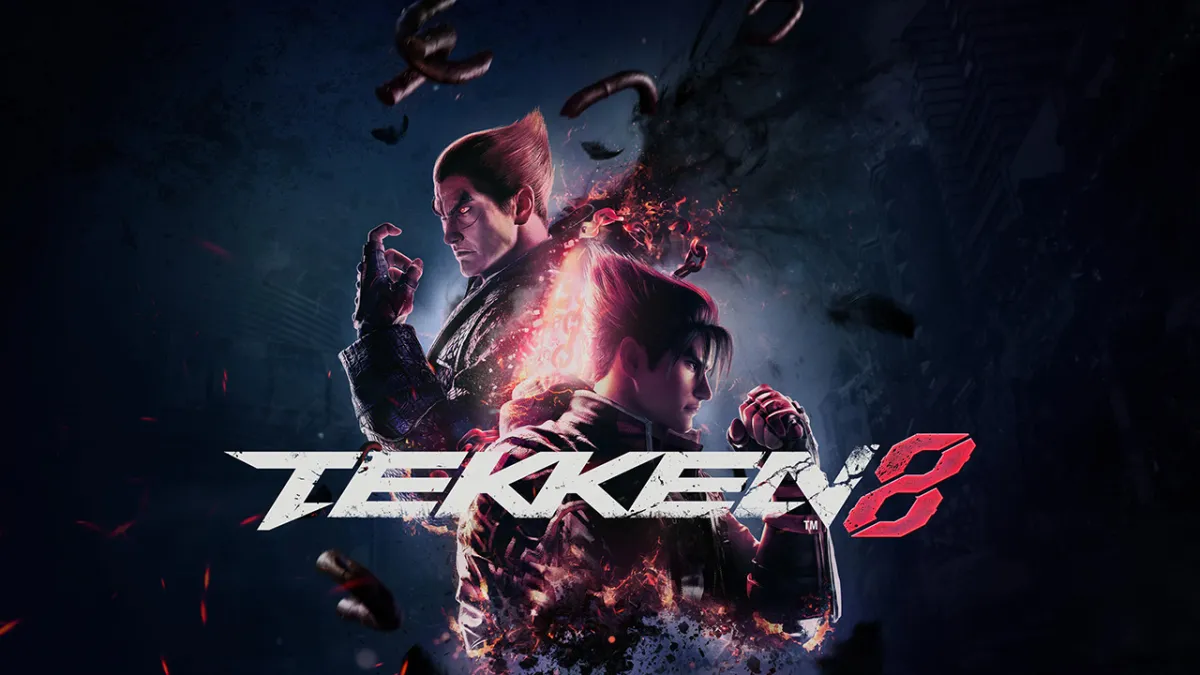Well, here we are at the finale of Life is Strange: Before the Storm. Episode One was a great start that proved to the skeptics, myself included, that we were in good hands with Deck Nine. Episode Two kept the story and characters interesting and left everyone wondering how the game would end. And now, Episode Three ends things in a very satisfying way, solidifying Life is Strange as not only a great game, but a great series.
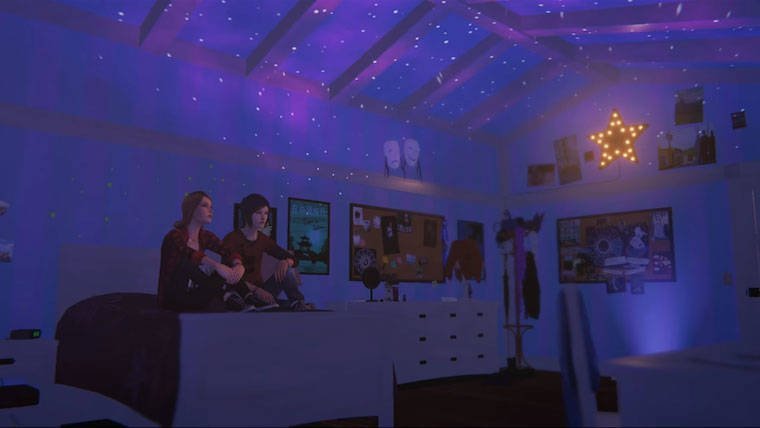
Like the previous episodes, I had a few problems with the finale, but any issues I had with it were pretty minuscule this time around, especially when compared to its accomplishments. Once again, there were a couple of small choices that weren’t really choices, but really just options of saying basically the same thing in two or three different ways. I’ve come to terms with the fact that Chloe is going to do things I don’t want her to, and that the story has a specific direction it’s heading in regardless of my choices. Really, my only complaint here is that if Chloe is going to say basically the same thing regardless of the dialogue choice I make, why not just make her say it and not give the player that false choice? It’s kind of annoying, but it’s not a big deal. Especially when you consider that this game, and this episode in particular, has the player make great, thought-provoking choices later on.
We’re going to be heading into some major SPOILER territory now, so if you have any interest in playing this game, go play it for yourself before reading the rest of this review, or just jump straight to “The Verdict.”
The biggest, baddest, most difficult choice of all is the last one you get to make in the game.
There were two major choices in particular that really took some thinking on my part before I decided to act on them. And based on the endgame statistics, it looks like a lot of players had difficulty with these choices, since many other choices were largely unanimous, but these two were pretty split. The first was the decision on who to report to Damon Merrick as the snitch. Do you tell Damon the truth and turn in the snitch who is actually a pretty cool guy (and not to mention is doing a good thing by giving information about this ruthless drug dealer to the police), knowing that Damon will likely do something terrible to him? Or do you tell Damon that another guy, who you know to be a total jerk, is the snitch, but risk punishment yourself if he finds out you lied to him? Like the decision about what to do with the drug money from the previous episode, I enjoyed this choice because of its complex nature, so you really have to consider all the different angles and potential consequences before making it. Unfortunately, this decision doesn’t appear to really affect anything that happens in the game very much, other than some text messages the player has the option to look at later, but just knowing what’s likely to happen in the world of the game, whether you actually see it happen or not, is pressing enough to make this decision feel important.
However, in true Life is Strange fashion, the biggest, baddest, most difficult choice of all is the last one you get to make in the game. Do you tell Rachel the truth about her dad’s shading dealings in trying to completely remove Rachel’s birth mother from the picture, which would inevitably destroy their family? Or do you let Rachel keep living a happy life, but at the cost of her living a lie that you have to keep secret from her? Not only is this a difficult decision on just a personal basis between Chloe and Rachel, but it is also a decision that questions the morality of lying. Earlier, Chloe and Rachel got on Rachel’s dad’s case about lying to her for her whole life, essentially claiming that he should have told Rachel the truth, despite any good intentions he may have had behind his lie. When put into the position yourself, however, you find that things aren’t that simple and that the grey area of morality is much larger than Chloe previously anticipated. Players clearly had trouble with this choice too, since the endgame statistics (at least at the time that I finished the episode) showed that players were split, with 51% lying to Rachel and 49% telling the truth. It was an extremely interesting moral and personal dilemma and a perfect last choice for the game.
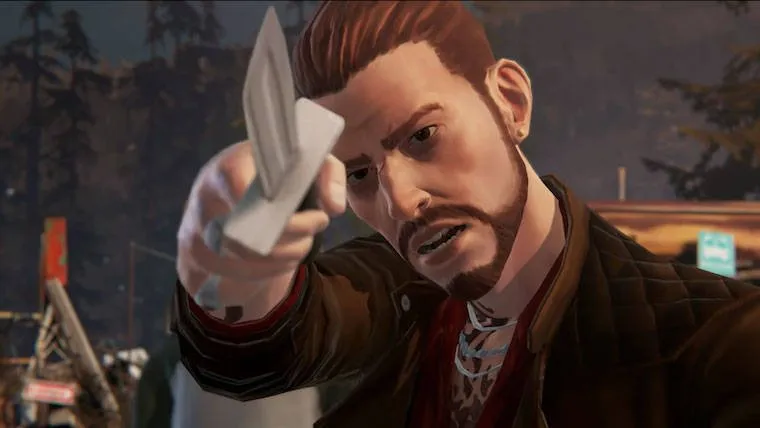
Everything is very grey and that’s a far cry from the archetypical protagonists and antagonists we normally see in video games, and it is great.
The strongest point made in this game is, in fact, this point of the complexity in everything. In real life, there are hardly ever people who are clearly good or bad, and there are hardly ever decisions that are clearly right or wrong. Chloe herself is a perfect example of this. As stated in my reviews of previous episodes, Before the Storm takes place before Chloe has fully committed herself to teenage delinquency, as we see in Life is Strange. She’s on her way there for sure, but in this game we get to see a much more complex character. In this episode in particular, she decides to do anything she can to help her friend Rachel, who is in dire need of emotional support that she feels she can’t get from her parents or anyone else. However, in order to do what Rachel asks of her, Chloe finds herself breaking and entering, destroying criminal evidence and partaking of some shady business of her own. What’s the right thing to do? Be there for your friend when she needs you, but commit legal atrocities to do so? Does performing those actions make Chloe a good person or a bad person? There’s no clear answer.
Another good example of this is the character Eliot. Eliot has basically served as the guy interested in a protagonist who isn’t interested in him, much like Warren was in the first Life is Strange (except that you can actually choose to be with Warren eventually, whereas with Eliot, things get dicey). In this episode, Eliot finally shows his true colors. Just like Chloe, he tries to do the right thing, but his method of doing so may not be right itself. Eliot basically stalks Chloe and finds out about the morally questionable things she’s been doing. He then goes on a tirade about how Rachel is dangerous and manipulative and how he hates seeing Chloe being used by someone like that. I actually agreed with Eliot on this point, and was glad to finally see someone point this out, seeing as how everyone else in the game seems to think Rachel is perfect and they all love her. The truth of the matter is that Rachel is often reckless and puts herself and others in danger without thinking. She caused a huge forest fire because she kicked over a flaming trashcan out of frustration when she thought her dad was having an affair. She attacked a dangerous drug dealer, which resulted in her receiving a nearly-fatal stab wound from that drug dealer. And, as Eliot points out, Chloe is now involved in a literal world of crime trying to help Rachel. Unfortunately, this argument loses its validation once Eliot starts going on a rant about how he deserves Chloe’s love and attention since he was there for her when no one else was, before Rachel even entered the picture. This scene highlights a concept of male entitlement in our culture, where a man thinks he is owed romantic and/or sexual favors from a woman simply for being nice enough for long enough, as if the woman doesn’t have a say in it herself. Once again, we are left to question a character’s morality. Eliot is trying to do the right thing by warning Chloe about the true dangers of Rachel, but his real intentions for doing so are so that Chloe will come running into his arms instead, so he can finally date the girl he’s been writing creepy poetry about for who knows how long. Eliot is doing the right thing for the wrong reasons. Chloe arguably does the wrong thing (commit criminal activities), but for the right reasons (to help Rachel). Everything is very grey and that’s a far cry from the archetypical protagonists and antagonists we normally see in video games, and it is great.
Just as everything else in the game rests in some sort of grey area, the game’s endings are also pretty bittersweet. Obviously, the ending you get is determined largely by your final decision. Rachel might be happy with a functional family but only because of a lie, or she might be miserable, but at least know the truth. I don’t know specifically how many endings there are, but in the one that I got, Chloe and Rachel seem to continue being very happy with their friendship with each other. I would imagine that this is probably the case in all of the endings, considering that this needs to be set up for the events of the first Life is Strange to make sense, but even this happiness is bittersweet. It’s great that these two troubled people have been able to find some kind of comfort in each other, but we all know how their relationship ends, which the post-credits scene reminds us of. On the surface, it would seem that Before the Storm ends on a happy note, something that can’t entirely be said of the first Life is Strange, regardless of which ending you got. But having the knowledge of what the future has in store for these characters brings a level of melancholy to what some might misinterpret as a “happy ending.”
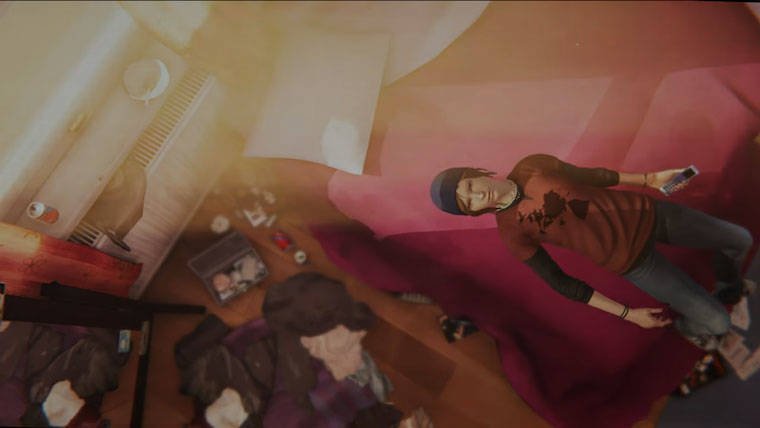
The Verdict
Though I enjoyed the first two episodes of Before the Storm, I wanted to hold off calling it a great game until I could see how it ended. Now that the ending is here, I feel comfortable stating that this game is another great entry in the Life is Strange series. The overall story stayed interesting throughout, the characters were complex, the bigger themes were brilliant and it was a generally emotional and expertly executed second trip to Arcadia Bay. Even those who were skeptical of a company other than DONTNOD developing a Life is Strange game, or those worried that Chloe wouldn’t be as effective as a protagonist as she was as a deuteragonist, can set their doubts aside and enjoy Before the Storm for the effective prequel that it is.


